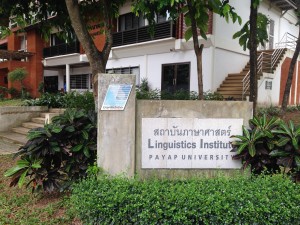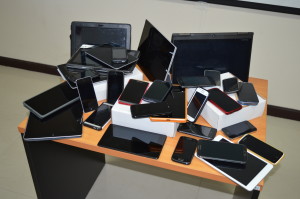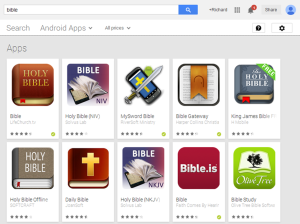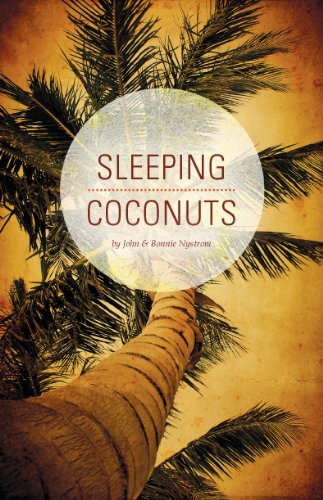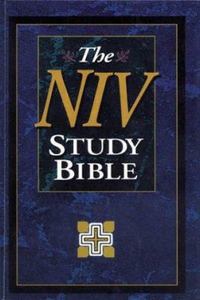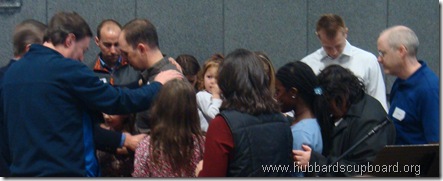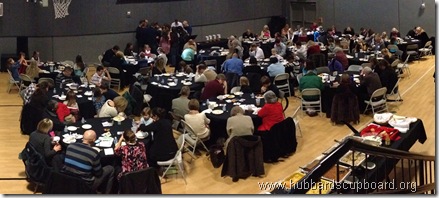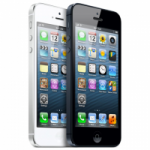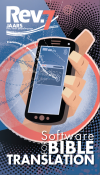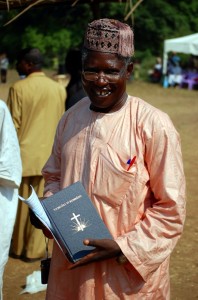Chris recently attended the Mobile Ministry Forum 2015 Consultation. This photo and the story show below made quite an impact on him and those attending the meeting. In the face of some extremely challenging circumstances, God is using technology to spread the good news. The Gospel is being heard, seen, and read on mobile devices…and shared rapidly via Bluetooth and microSD cards.
Displaced Iraqi Christians Identify Their Most Treasured Material Possession
ERBIL, IRAQ – DECEMBER 13: (Editor’s note: Image has been processed using a digital filter) A Iraqi Christian, who asked not to be named, poses for a photograph in her tented home erected in the grounds of Mazar Mar Eillia (Mar Elia) Catholic Church, that has now become home to hundreds of fellow Iraqi Christians who were forced to flee their homes – many with less than an hour to do so – as the Islamic State advanced earlier this year, on December 13, 2014 in Erbil, Iraq. Asked, after her family what was the one thing she could not leave behind as ISIL advanced on her home, the student from Qaraqosh said her mobile phone. Although the autonomous Kurdistan region of Northern Iraq was already a refuge for an estimated 250,000 Syrian refugees, since the Islamic State began its onslaught on Iraq in June, Kurdistan has also taken in a more than one and a half million displaced people. Many have been placed in purpose-built refugee camps but the huge numbers mean thousands of others are forced to live in un-finished buildings or inadequate, makeshift shelters and as winter in the region closes in, there are growing concerns for the welfare of the refugees who, while their homes are still in ISIL controlled territory, have no realistic prospect of returning to them. (Photo by Matt Cardy/Getty Images)
